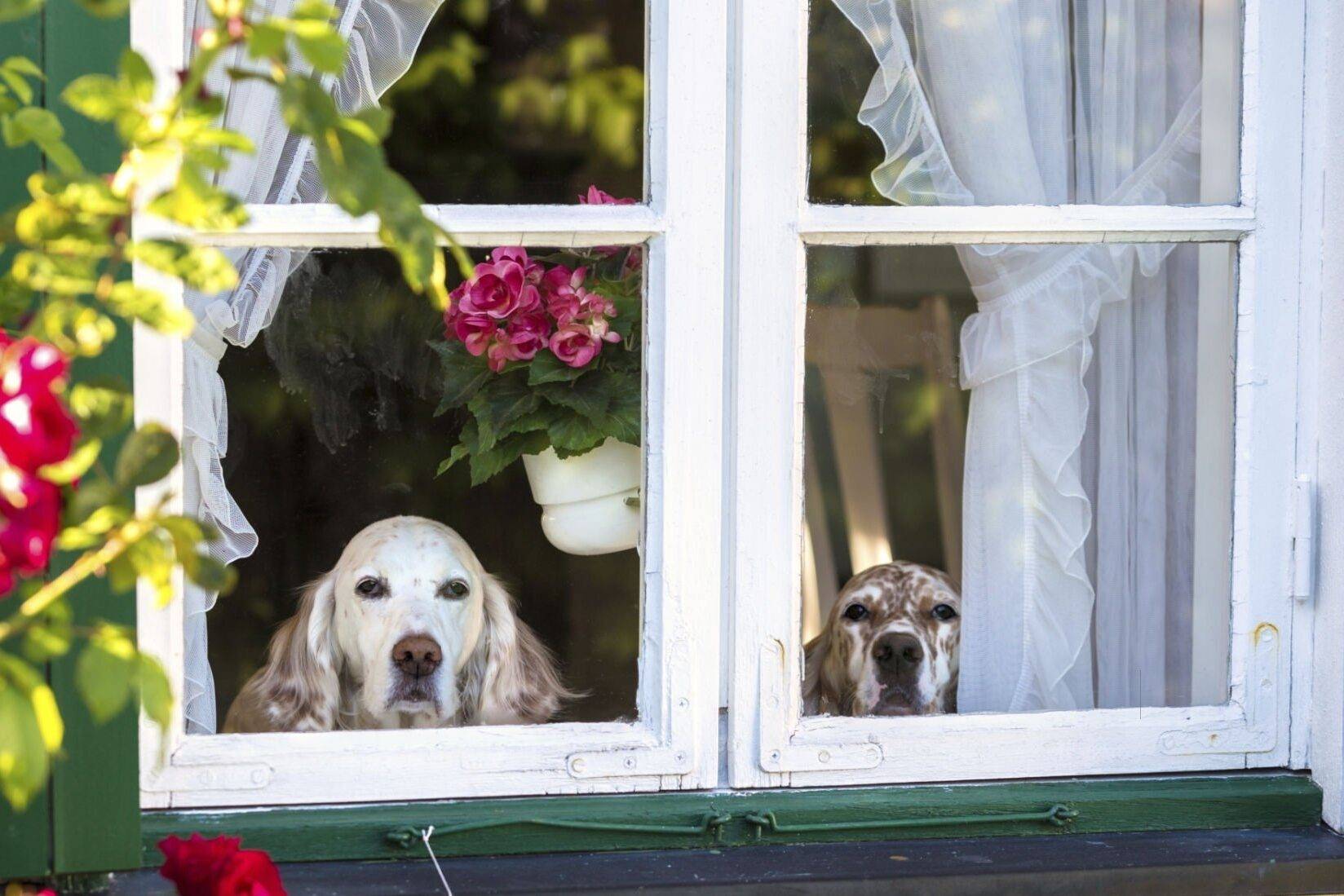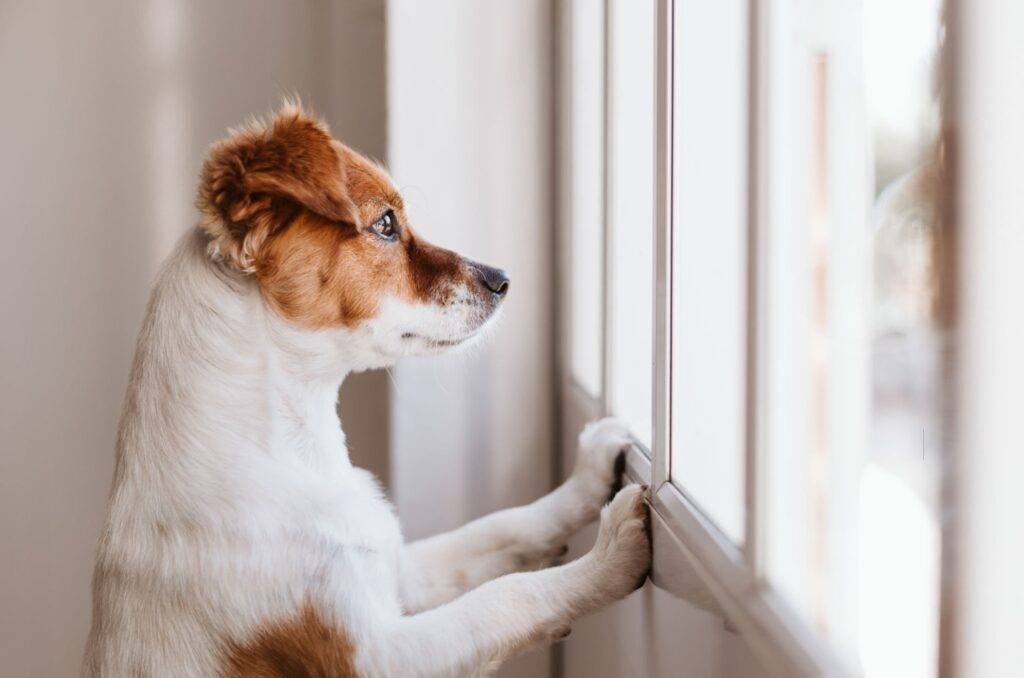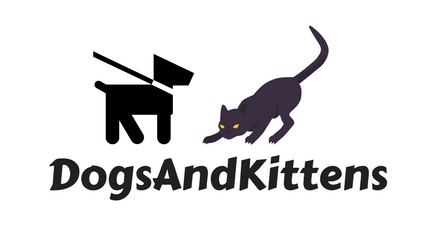
I often get asked by my human readers what we think when they leave the house. It’s a common concern among pet owners, and understandably so. After all, we dogs are social animals who thrive on companionship and loyalty to our pack. So, what goes through our minds when our humans are away?
Well, it depends on our relationship with our humans and the regularity of their absences. If our humans leave the house frequently for work or school, we learn their routine and expect them to leave and return at a certain time.
While we may not be thrilled about them leaving, we will often remain calm and wait patiently for their return. However, if our humans are gone for an extended period, we may start to feel anxious and stressed. We may wonder where our next meal will come from, how we will get water, and if we will have any companionship. This heightened anxiety can lead to destructive behavior, such as chewing on furniture or digging through the floor to escape.
Key Takeaways
- Dogs are social animals who thrive on companionship and loyalty to their pack.
- Dogs may become anxious and stressed when their humans are away for an extended period, which can lead to destructive behavior.
- Dogs can differentiate between humans and other animals and can tell time by observing external cues.
Written from a Dog’s Viewpoint 🐶: This article is written from the unique perspective of a dog, offering insights into their world and experiences. While the content is created with a touch of feline imagination, it’s based on factual information and research about dog behavior and cognition.
What Your Dog Thinks When You’re Gone
I know that many of us wonder what our humans are doing when they leave us alone at home. It can be a confusing and stressful time for us dogs, especially if we are not used to being left alone for long periods of time.
Research suggests that 8 out of 10 dogs find it hard to cope when left alone, and separation anxiety can be a real issue for us. However, half of us won’t show any obvious signs of distress, so it can be easy for our owners to miss that we are struggling.
Dogs are social animals, and we are instinctually loyal to our pack. We want to be with our human family all the time, and when we are separated from them, we can become upset and stressed. But if our humans leave us alone as part of a regular routine, we can learn their schedule and expect them to leave and return at a certain time.
We dogs learn schedules very quickly, and we become accustomed to our owner’s routine. Although we don’t wear watches, we have our own internal clocks and concept of time. We can tell time by observing external cues such as daylight, the smell of the air, your behavior, and internal cues such as our own hunger.
Security camera footage has shown that dogs who have established a strong bond with their owners will settle in and nap for the most part while they are gone during the day, with some periodic awake time to eat. But when the time approaches when our humans usually arrive home, we start waking and prowling around because we know they should be home soon.
If you have adopted a new dog to your family and you leave them alone at home, they may feel confused or abandoned because they are yet to become accustomed to your schedule. Being left alone can be very stressful for a new dog, and they may worry about where their next meal will come from, how they will get water, and that they won’t have companionship and other securities you provide them.
How Dogs Deal with Your Absence
When my human leaves the house, it can be a difficult time for me. In the wild, we do everything together, and we are loyal to the pack. Therefore, when we are separated from our human family, we become upset and stressed.
However, if my human frequently leaves the house to go to work or school, I learn their routine and will expect them to leave and return at a certain time. I might not be happy about them leaving for work every day, but for the most part, I will remain calm and wait patiently for them to return.

New Family Member Dog and Separation Anxiety
I understand the importance of addressing the issue of separation anxiety in new dogs. When you adopt a new dog, it’s important to remember that they are still adjusting to their new environment and routine. Being left alone for the first time can be very stressful for them, and they may experience confusion or feelings of abandonment. When their anxiety is heightened, it can lead to destructive behavior such as chewing on furniture, constant whining and barking, and even trying to escape.
Adopting a new dog requires patience and understanding. Separation anxiety is a common issue that should be addressed with care and attention. By establishing a routine and providing your new dog with love and security, they will become accustomed to their new environment and feel more comfortable when left alone.
What Do Dogs Think About All Day
I know that many humans wonder what goes on inside our furry minds throughout the day. Do we miss them when they leave? Do we know they’re humans and not just larger dogs? Let me break it down for you.
As for what we think about all day, scientists believe the way dogs think is probably very different from the way humans do. We don’t have language because we don’t have Wernicke’s language processing center in our brains. So we cannot learn and comprehend language. We can associate words with memories, but our minds are not wired to use language the same way as people. Without the ability to understand complex language, it becomes impossible to have complex thoughts and internal monologues.
Think about what you are thinking about when you are not thinking in words. In the absence of words, our thoughts tend to become unconscious and non-verbal feelings. The small amount of scientific research out there on dog brains leads us to believe that dogs can only think subconsciously. We can draw upon memories to guide future behavior, but we do not come up with our own thoughts or ideas about a situation. Therefore, when your dog is chilling out, we are not thinking about anything in particular.
But at that moment, if you introduce a new element to our environment, like a gentle stroke, a fascinating new toy, or a delicious treat from the Dog Feeder, we will then use our working memory to link this scenario to a previous experience.

This advanced dog automatic feeder provides a sense of continuity in our daily routine, even when my owner is away. With features like 5G WiFi easy setup, 8L food capacity, motion detection, 1080P HD video recording, 2-way audio, app control, night vision, and dual power supply it ensures we stay connected and well-fed even when apart.
Do dogs really miss us when we are gone?
The studies that have been conducted on our brains and behavior lead to the belief that we do miss our humans when they are gone. When we smell the scent of a familiar human, the caudate nucleus of our brains lights up, a region associated with positive expectations and rewards.
So, the next time you leave your dog alone at home, remember that we miss you and worry about you. We may not understand complex language or have complex thoughts, but we have our own way of telling time and understanding our routine. And when you come home, we will be waiting at the door, ready to greet you with love and affection.
Do Dogs know that we are not dogs?
Yes, we can differentiate between dogs and humans by visual observation. Even though dogs come in a wide variety of body shapes and sizes, dogs can tell instantly whether they’re interacting with another dog or a human. Studies have found that dogs have a mental category for humans. If they identify a creature as falling in that category, they treat them differently. Dogs can even differentiate between dogs and non-dog animals by visual observation.
So there you have it, a glimpse into what goes on inside a dog’s mind. We may not be able to speak your language, but we hope this article helps you understand us a little better.
Curiosity piqued about how cats handle your absences? Check out our article Home Alone: How Cats Cope with Your Absence? Insights into Feline Separation Anxiety.
